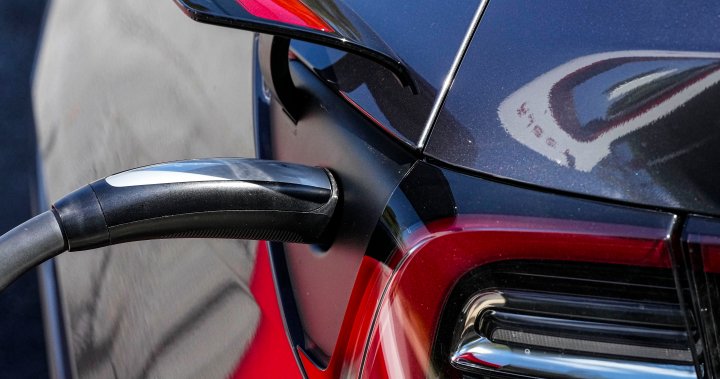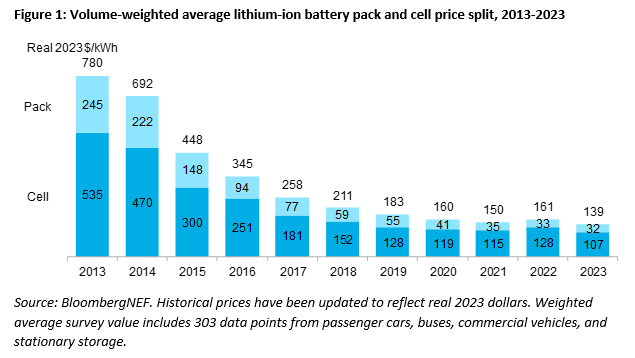urbancog
Active Member
The Niagara Parks Commission is looking for "the private sector to bring innovative and sustainable ideas" for a "visitor transportation system at Niagara Parks". The RfP description states:
The Niagara Parks Commission (“NPC”) is seeking to engage the private sector for a potential Revenue Generating Opportunity for a value-add visitor transportation system at Niagara Parks.
NPC is looking to the private sector to bring innovative and sustainable ideas forward.
Project goals include:
• Enhancing the guest experience for visitors to both Niagara Parks
• Providing a transportation experience that is value add to the guests’ overall experience at Niagara Parks
• Creating a new revenue source for Niagara Parks
• Reducing expenses for Niagara Parks
• Contributing to Niagara Parks’ goal of reducing vehicle use along the Niagara Parkway, particularly in Queen Victoria Park
• Providing an environmentally sustainable solution and reducing carbon emissions from vehicles
• Address a visitor transportation capacity issue within the core of Niagara Parks operations (i.e. Queen Victoria Park)
The intent of the visitor transportation system is to link Niagara Parks’ key guest experiences, ranging from attractions, heritage sites and commercial nodes. The main area of focus will be Queen Victoria Park, where visitor transportation capacity is most challenged, while working in conjunction with Niagara Parks’ busing system (WEGO) transportation linkages to the north and possibly the south parkway.
Through this RFP, NPC is seeking interest from the private sector to design, build, finance, operate and maintain a revenue generating transportation system under a long-term lease agreement with NPC subject to provincial approval of an Order in Council.
More detailed requirements are set out in the Project Description Appendix.
RfP page on Bonfire
The Niagara Parks Commission (“NPC”) is seeking to engage the private sector for a potential Revenue Generating Opportunity for a value-add visitor transportation system at Niagara Parks.
NPC is looking to the private sector to bring innovative and sustainable ideas forward.
Project goals include:
• Enhancing the guest experience for visitors to both Niagara Parks
• Providing a transportation experience that is value add to the guests’ overall experience at Niagara Parks
• Creating a new revenue source for Niagara Parks
• Reducing expenses for Niagara Parks
• Contributing to Niagara Parks’ goal of reducing vehicle use along the Niagara Parkway, particularly in Queen Victoria Park
• Providing an environmentally sustainable solution and reducing carbon emissions from vehicles
• Address a visitor transportation capacity issue within the core of Niagara Parks operations (i.e. Queen Victoria Park)
The intent of the visitor transportation system is to link Niagara Parks’ key guest experiences, ranging from attractions, heritage sites and commercial nodes. The main area of focus will be Queen Victoria Park, where visitor transportation capacity is most challenged, while working in conjunction with Niagara Parks’ busing system (WEGO) transportation linkages to the north and possibly the south parkway.
Through this RFP, NPC is seeking interest from the private sector to design, build, finance, operate and maintain a revenue generating transportation system under a long-term lease agreement with NPC subject to provincial approval of an Order in Council.
More detailed requirements are set out in the Project Description Appendix.
RfP page on Bonfire






